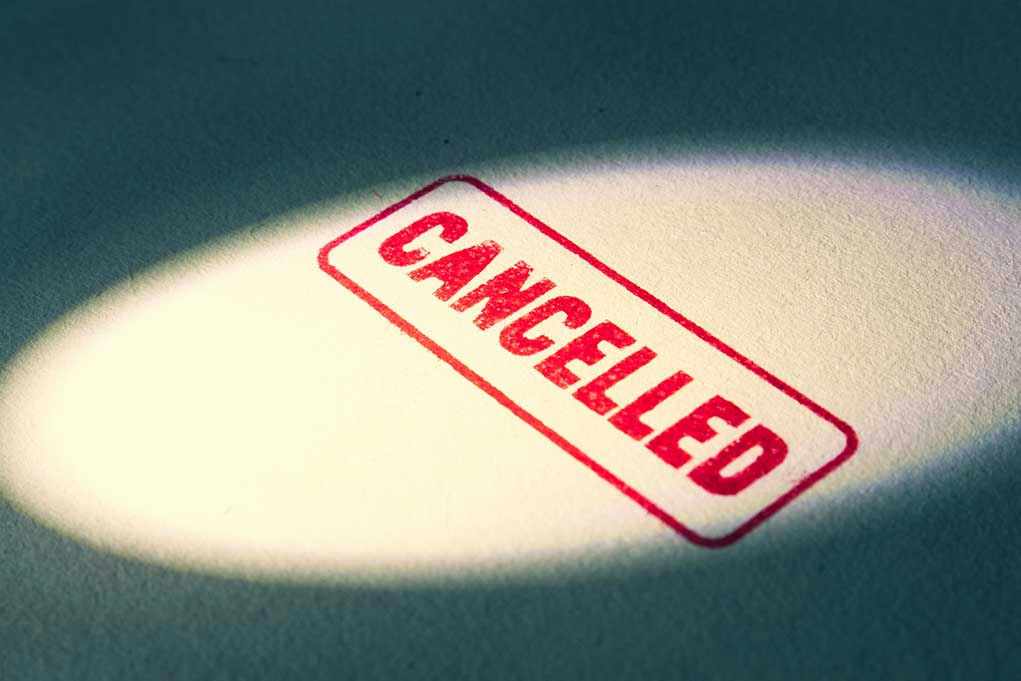
Conservatives are now wielding the very cancel culture weapon they once condemned, turning the tables on progressive activists who pioneered these destructive tactics of public shaming and professional destruction.
Story Highlights
- Conservatives now actively engage in cancel culture tactics.
- Senator J.D. Vance urges reporting of controversial statements.
- Cancel culture is no longer a solely progressive tool.
- Debates intensify over free speech and political polarization.
Conservatives Adopt Cancel Culture Tactics
In a surprising shift, conservative figures and organizations are increasingly employing cancel culture tactics traditionally associated with progressive activism. This includes public shaming, boycotts, and calls for professional consequences aimed at individuals with opposing views. High-profile incidents have seen conservatives mobilizing to pressure employers, universities, and other institutions to discipline or dismiss individuals for perceived transgressions.
Cancel culture, historically linked to progressive social justice movements, is now being utilized by conservatives, challenging the notion that it is solely a left-wing phenomenon. This reversal of roles is exemplified by conservative leaders like Senator J.D. Vance, who have publicly called for reporting individuals “celebrating” acts of violence to their employers.
Implications for Free Speech and Political Polarization
The adoption of cancel culture tactics by conservatives has sparked intense debate over free speech, accountability, and political polarization. Institutions, caught in the crossfire, often face demands for action from both political camps, navigating complex dynamics to manage reputational risks and respond to public pressure. This phenomenon has contributed to a broader trend of politicized public shaming.
The short-term effects include increased polarization and pressure on institutions, while long-term implications might lead to the normalization of cancel tactics across the political spectrum. This could result in an erosion of free speech norms and increased risk of reputational harm for individuals and organizations.
Experts Weigh in on Cancel Culture Dynamics
Industry experts are divided on the impact of cancel culture. Some argue that it undermines free speech and open debate, while others contend it is a necessary tool for accountability, particularly when institutions fail to address harmful behavior. The historical roots of public shaming are acknowledged, with sociologists noting its deep societal impact.
Critics warn of a chilling effect on speech and the dangers of mob justice, while supporters argue that cancel culture empowers marginalized voices and promotes accountability. The implications for free speech, institutional governance, and public discourse continue to be debated by experts, with both positive and negative consequences highlighted.
Sources:
Encyclopaedia Britannica: Authoritative overview of cancel culture’s history
UCF Pegasus: Academic analysis of cancel culture’s effectiveness
Wikipedia: Comprehensive overview of cancel culture’s origins and controversies
Axis: Introduction to cancel culture












